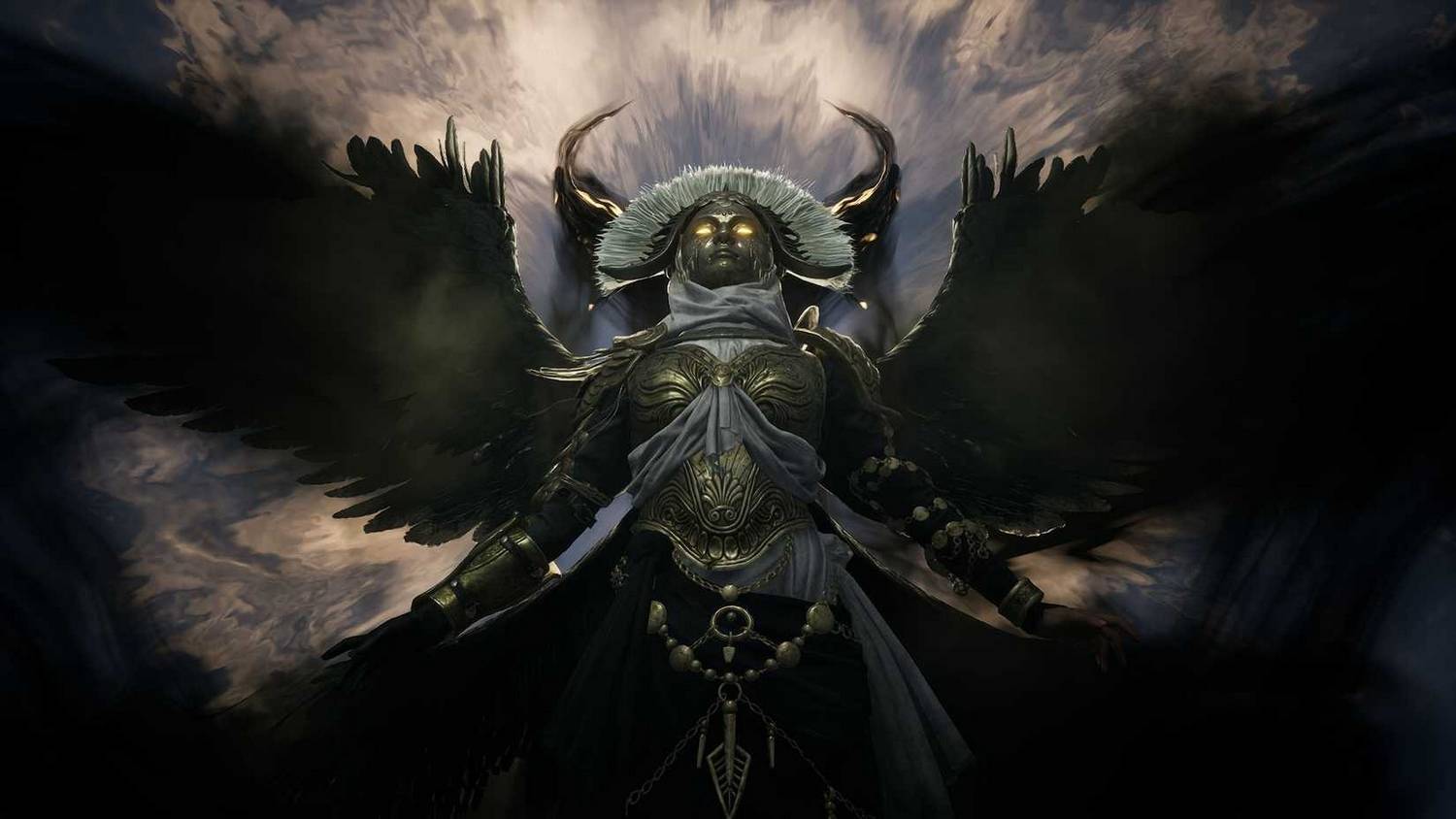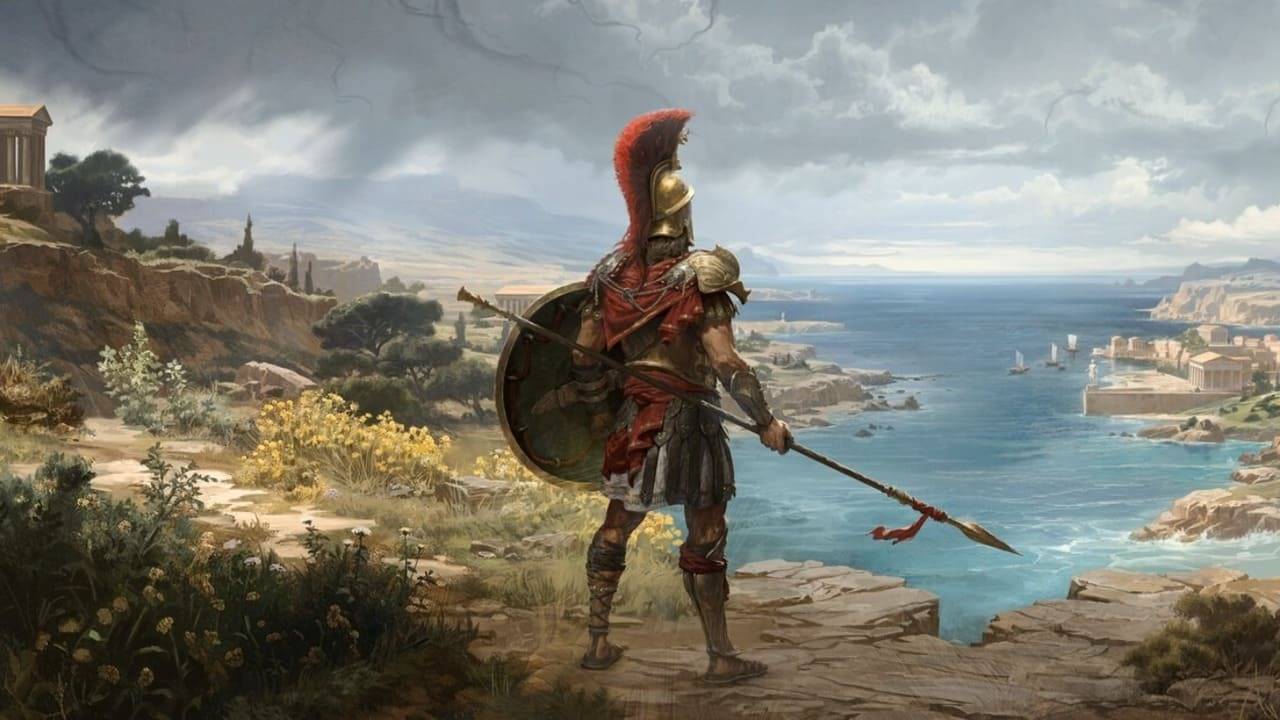A Journey Back to Olympus: Why Titan Quest 2’s Lack of ARPG Thrills Is a Deliberate and Dangerous Gamble
Popular Now
 Among Us
Among Us
 Fall Guys
Fall Guys
 Poppy Playtime
Poppy Playtime
 Free Fire
Free Fire
 Black Myth: Wukong
Black Myth: Wukong
 Brawl Stars
Brawl Stars
 Stumble Guys
Stumble Guys
 Minecraft
Minecraft
 BeamNG.drive
BeamNG.drive
 Garena Free Fire: Kalahari
Garena Free Fire: Kalahari
 For a genre defined by the twin pillars of frantic combat and a relentless deluge of loot, the launch of Titan Quest 2 into early access on August 1, 2025, is a fascinating and at times, frustrating, case study. Developed by Grimlore Games and published by THQ Nordic, the sequel to the beloved 2006 classic promised a return to the hack-and-slash ARPG glory of ancient Greece. The game’s gorgeous Unreal Engine 5 visuals, a meticulously crafted world, and a stunningly beautiful art style are immediately impressive. But after hours of grinding through its early access content, a clear and controversial truth begins to emerge: Titan Quest 2 is a game that is deliberately, and perhaps dangerously, slow-paced. It eschews the “zoom-zoom” speed of modern competitors like Diablo 4 and Path of Exile in favor of a more methodical, deliberate, and at times, sluggish combat loop. For players craving the dopamine-fueled rush of screen-clearing explosions and a constant stream of legendary loot, this game simply does not deliver. It is a game that is a direct, defiant rejection of the modern ARPG meta, and it’s a high-stakes gamble that could either set it apart or leave it behind.
For a genre defined by the twin pillars of frantic combat and a relentless deluge of loot, the launch of Titan Quest 2 into early access on August 1, 2025, is a fascinating and at times, frustrating, case study. Developed by Grimlore Games and published by THQ Nordic, the sequel to the beloved 2006 classic promised a return to the hack-and-slash ARPG glory of ancient Greece. The game’s gorgeous Unreal Engine 5 visuals, a meticulously crafted world, and a stunningly beautiful art style are immediately impressive. But after hours of grinding through its early access content, a clear and controversial truth begins to emerge: Titan Quest 2 is a game that is deliberately, and perhaps dangerously, slow-paced. It eschews the “zoom-zoom” speed of modern competitors like Diablo 4 and Path of Exile in favor of a more methodical, deliberate, and at times, sluggish combat loop. For players craving the dopamine-fueled rush of screen-clearing explosions and a constant stream of legendary loot, this game simply does not deliver. It is a game that is a direct, defiant rejection of the modern ARPG meta, and it’s a high-stakes gamble that could either set it apart or leave it behind.
The original Titan Quest, released in a different era of gaming, was known for its more deliberate pace and its focus on a methodical, narrative-driven campaign. Grimlore Games has taken this philosophy and pushed it to its logical extreme. The combat in Titan Quest 2 is weighty, with each swing of a sword or each bolt of lightning feeling impactful. Enemies, for the most part, are not mindless hordes to be mowed down, but rather, they are a series of distinct encounters that require a level of thought and strategy. The new “factions” system, where enemies work together to try and outmaneuver you, is a brilliant touch that adds a layer of depth to the combat. The game’s dodge and block mechanics, which are crucial for survival, are a direct rejection of the “stand and fight” mentality of other ARPGs. This is a game that wants you to slow down, to think, and to engage with the world on a deeper level. But for many players, this is not a feature; it is a bug, a frustrating barrier that gets in the way of the core ARPG fantasy.
The Four Flaws of a Slower-Paced ARPG
The game’s deliberate design, while a bold choice, is a constant source of frustration for players who are used to the fast-paced nature of modern ARPGs. Here’s why Titan Quest 2’s approach to combat and progression is a constant, nagging reminder of a missed opportunity.
- A Loot System That Lacks Excitement: In most ARPGs, the loot drop is the core of the experience. It’s a constant, satisfying stream of new gear, new stats, and new build possibilities. In Titan Quest 2, the loot feels lackluster. While the game’s itemization system has the potential for a deeper, more meaningful experience, in its early access state, the loot is simply not exciting. The occasional “blue” or “yellow” item feels more like a minor stat increase than a game-changing power spike, and the sheer volume of “trash” loot that you will find is a constant source of frustration. The game’s frequent trips back to town to manage your inventory and sell off your loot feel more like a chore than a rewarding part of the gameplay loop.
- A Sluggish, Unforgiving Combat Loop: While the game’s combat is weighty and impactful, it is also incredibly slow. The animations are long, the movement is deliberate, and the skills, for the most part, feel a bit underwhelming. The game’s early access content, with its limited number of “masteries” and skills, leaves the player with a feeling of being underpowered and unable to clear a room with the satisfying, screen-shattering explosions that are the hallmark of the genre. The game’s boss fights, while more complex than in other ARPGs, can also feel like a long, drawn-out slog that is more a test of patience than a test of skill.
- A Lack of Meaningful Progression: The game’s “mastery” system, which allows you to combine two different classes to create a unique build, is a brilliant idea in theory. But in its early access state, the game simply does not have enough content to make this system feel meaningful. The limited number of skills and modifiers means that there are only a handful of viable builds, and the game’s level progression, while satisfying, feels a bit too slow to allow for a true, game-changing power spike. This leaves the player with a feeling of being stuck in a constant state of “early game,” which is a massive issue for a genre that is all about a constant sense of progression.
- An Absence of a Compelling Endgame: The ARPG genre is defined by its endgame, by a constantly evolving, loot-driven loop that gives players a reason to keep coming back. In its early access state, Titan Quest 2 has no endgame to speak of. While the developers have promised a variety of endgame content in the future, the lack of it now is a huge problem. Without a compelling endgame, the game feels more like a short, single-player campaign than a full-fledged ARPG, and that is a massive issue for a game that is trying to compete with the likes of Diablo and Path of Exile.
 A Business and News Perspective: A Risky Bet on Nostalgia
A Business and News Perspective: A Risky Bet on Nostalgia
From a news and industry perspective, Titan Quest 2 is a fascinating, yet risky, bet. The game’s success on Steam and its positive user reviews are a testament to the power of a beloved IP and the nostalgia for a simpler, more deliberate era of ARPGs. The fact that a game that is so deliberately slow-paced can be so successful is a clear sign that there is a massive market for a game that is not trying to be the next Diablo. However, the game’s mixed reviews from critics and its lack of compelling content are a clear warning. This is a game that is a direct challenge to the modern ARPG formula, and it’s a gamble that could either pay off in a massive way or fall flat. For now, Titan Quest 2 is a game that is a beautiful, brutal, and compelling new chapter in a long-running franchise. But until it can add some much-needed content, polish, and a more compelling endgame, it will remain a game that is more of a promise than a full-fledged ARPG sensation.








